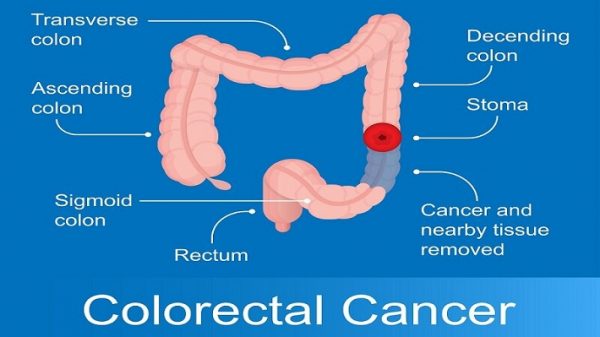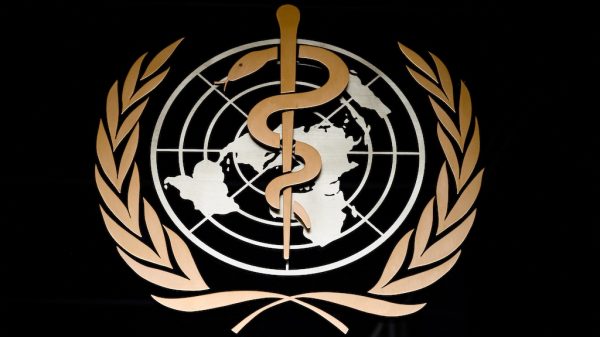When should be get screened for colon cancer?

Shawdesh desk:
Colorectal cancer begins in the colon or rectum and can be referred to as colon or rectum cancer depending upon where it originates. The large intestine or large bowel is known as colon and it is part of the digestive tract. Rectum is the chamber which begins at the end of the large intestine and ends at the anus. Colon and rectum cancer are often grouped together and called colorectal cancer because of the common features they share. Colorectal cancer starts as small and benign clumps of cells called polyps which develop on the inner lining of the colon or rectum. Some of these polyps develop into cancer over a period. The risk factors for colorectal cancer involve a family history of colon or rectal cancer, diet, alcohol intake, smoking and inflammatory bowel disease. According to a study by the National Centre for Biotechnology Information (NCBI), mortality rates from colon cancer are significantly higher in males. While both men and women are at risk for colon cancer, men are more susceptible to rectal cancer.
How common is colon cancer in India?
According to the Indian Council of Medical Research (ICMR), colon cancer is the third most common cancer among men, worldwide. In India, the annual incidence rates for colon cancer and rectal cancer in men are 4.4 and 4.1 per 100,000, respectively. The annual incidence rates for colon cancer in women is 3.9 per 100,000.
Treatment
The treatment options for colon cancer include surgery to remove the tumor, radiation therapy and chemotherapy depending upon the stage of the cancer. For early stages, surgery is the primary treatment. It can be safely performed using laparoscopic and robotic approaches decreasing the morbidity associated with open surgeries. In cases where the cancer has grown into or through the colon, a partial colectomy may be done. Another treatment option for advanced colon cancer is ostomy which involves creating an opening in the wall of the abdomen from a portion of the remaining bowel for the elimination of stool into a bag that fits securely over the opening. Radiation therapy can also be considered, in which X-rays and protons are used to kill cancer cells. It can be used to shrink large cancers or provide relief from symptoms.
Prevention methods
Consumption of a healthy diet: Vegetables and whole grains which contain vitamins, minerals, fiber and antioxidants can help keep the gut and colon healthy and must be consumed adequately.
Avoiding alcoholic beverages: In case one cannot quit completely, alcohol should be consumed in moderation.
Quit smoking or consumption of tobacco.
Maintain a healthy body weight.
Undergo screening for colon cancer post the age of 45 years or before especially if there is family history of the disease.
Reason for the rising incidence of colon cancer among the younger population
Earlier, colorectal cancer was more prevalent in the Western countries and it was considered to be a disease of the West. However, with the rise in factors such as consumption of low-residue diets, processed foods, obesity and sedentary lifestyles, the incidence is increasing at an alarming rate, worldwide. Recent studies have also shown that these cancers are affecting the younger population, below 40 years of age, and are likely to recur even after surgery and treatment through methods like chemotherapy and radiation.
Recently, a panel of medical professionals have suggested that screening for this colon cancer should be done at the age 45. This was due to the increase in the number of young patients suffering from colorectal cancer over the last few years. Though the exact cause for this is still not clear, studies have highlighted that following a healthy lifestyle and undergoing preventive screening for colorectal cancer at an early age can help reduce the incidence of this disease. Colorectal cancer is unique as compared to other cancers because it has a long pre-clinical period wherein the disease can be cured if detected early. Hence the recent recommendation of propagating early screening at the age of 45 years is definitely relevant and can help in reducing the disease burden of colorectal cancer. Screening for colorectal cancer involves a combination of blood tests, stool test and colonoscopy.
(Times of India)





























Leave a Reply